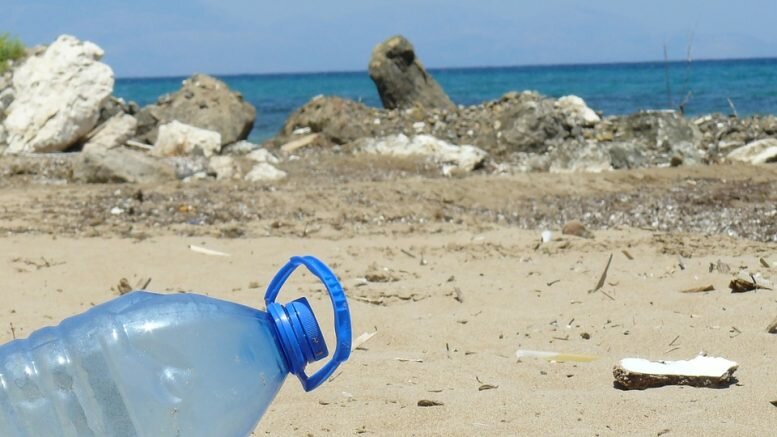The EU’s plastic plan puts Norway in the shadow, fears WWF
Compared with other countries, Norway appears to the dunce instead of the frontrunner in the struggle against plastic waste, according to the World Wildlife Fund (WWF). The environmental organization asks Norway to look to the EU.
The EU Commission recently proposed a ban on Q-tips, drinking straws, cutlery and plates made from plastic.
– With regard to national measures against plastic waste, Norway now appears to be a dunce than a frontrunner. Several other countries have gone further, says WWF leader Bård Vegar Solhjell to NTB.
To influence the outcome in the EU, Norway must be in front and not wait for the outcome of the process that is currently underway, he demands.
– Many countries launch ambitious goals. I think the Government should look to them, says Solhjell.
He believes Norway needs new and effective measures to get rid of disposable plastics and achieve better waste management.
– The fight against plastic pollution is all about how people, businesses and municipalities in all countries can prevent plastic from entering the oceans, says Solhjell.
Five points
WWF has five requirements to the Government to hinder that Norway is left behind:
- Say no to disposable plastic now and become a European model country. Norway must act as the most offensive EU countries do and make national rules and prohibit the production and use of all unnecessary disposable plastics by 2022.
- Put a price tag on plastics so that manufacturers get stronger economic motivation to use as little as possible and recycle as much as they can instead.
- More container deposit, with higher rates and container deposits on new product types.
- Stronger measures against ghost fishing, a mandatory requirement to report when both occupational and recreational fishermen lose bigger tools (like nets).
- Waste plans for all ports this year.
Measures package
The EU Commission argues that all disposable plastics should be banned if there are reasonable alternatives that are easily available. The prohibition proposed will include disposable products such as cotton swabs, cutlery, plates, drinking straws, stirring sticks and plastic holding sticks for balloons.
Among the other proposals is a requirement for national measures to reduce the use of plastic packaging and drinking cups. The EU Commission also requires that at least 90 per cent of all plastic bottles must be recycled. Additionally stricter rules are proposed for companies producing fishing gear made from plastics.
The proposals are now being discussed in the European Parliament and the EU Council of Ministers. The Commission’s objective is a consensus within a year.
At the forefront
The new EU rules will also encompass Norway. Climate and Environmental Minister Ola Elvestuen (Liberals) recently promised to return quickly to the Norwegian Parliament with details of how the requirements will be followed up by Norway.
Elvestuen believes Norway is at the forefront regarding several of the issues the EU raises, for example in the recycling of plastic containers and measures to reduce the amount of fishing gear that end up in nature. He believes that Norway will easily cope when the rules are introduced.
– There is no reason to believe that this will be any more challenging for Norway than for other countries, says Elvestuen to NTB.
© NTB Scanpix / #Norway Today




